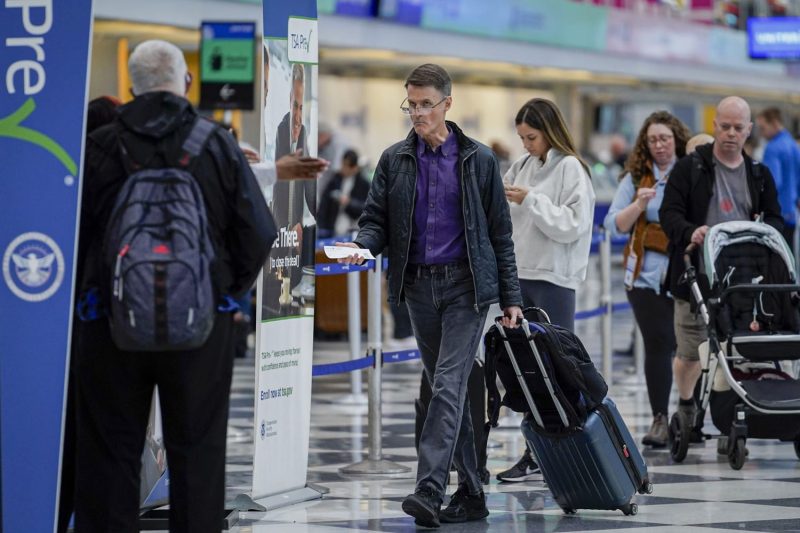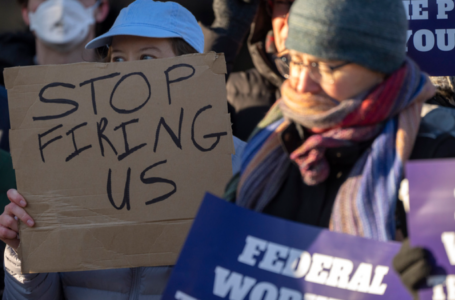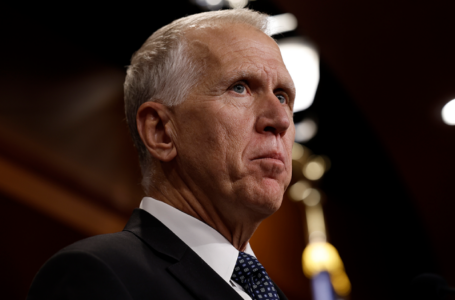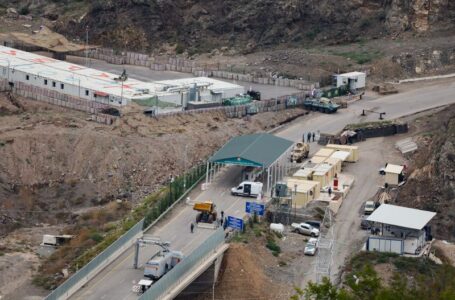Accounts of child survivors shed light on surge of rape and sexual violence in conflict-torn DRC
TSA PreCheck travelers don’t have to show physical IDs at some airports


If you’re a TSA PreCheck member traveling on United Airlines via Chicago’s O’Hare or Los Angeles international airports, life just got a bit easier.
United recently updated its website to show that ‘Touchless ID’ technology, which lets users go through security just by scanning their faces and without having to show physical IDs or boarding passes, is now available at those two major hubs for TSA PreCheck users.
In addition, United passengers at O’Hare can use their faces at a new bag-drop shortcut.
To enroll in United’s Touchless ID, passengers need to scan their passports and add their Known Traveler Numbers in the United app. They then need to check in for their flights on the mobile app to opt in and give United permission to use their facial scans as IDs.
Once at the airport, passengers would only need to scan their faces at new Touchless ID kiosks.
For now, Touchless ID at United is available only for customers on single-passenger reservations who are at least 18 years old. And the bag-drop feature at O’Hare is still in a testing phase, meaning agents will still check IDs.
United says it plans to continue rolling out Touchless ID to more bag-drop counters, security checkpoints and boarding gates.
Delta Air Lines has already deployed similar technology at its hubs in Atlanta and Detroit and at New York’s John F. Kennedy and LaGuardia international airports.
Clint Henderson, the managing editor of The Points Guy travel website, there are already dedicated check-in lanes for touchless at those airports for Delta flyers.
“The agents working at the TSA PreCheck and Clear lines told me to use a new special lane for biometrics that allowed me to skip ahead of both the regular PreCheck and the separate Clear lanes,” Henderson said in a TPG post. “After one minute, the TSA agent waved me over. I simply showed my face in front of a camera, and the agent told me to go ahead to the screening machines. There was no wait.”
In November, the Department of Homeland Security, the TSA’s parent agency, announced it hopes to roll out an entirely ‘self-service’ screening option that bypasses TSA agents entirely. It involves the use of ‘pods’ that combine facial screening and baggage scanning; the program is being tested at Harry Reid International Airport in Las Vegas.
On its website, TSA says it does not store images captured by facial recognition technology ‘except for a limited period of time for testing and evaluation purposes.’ It says it retains personal identifying information only for as long as is necessary to fulfill the specified purposes of its biometric technology pilots.











